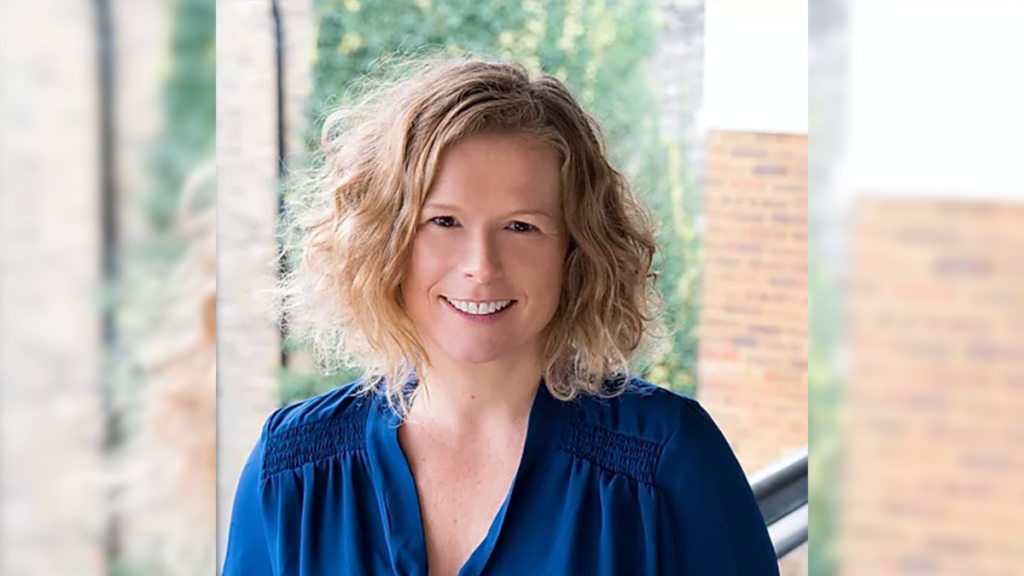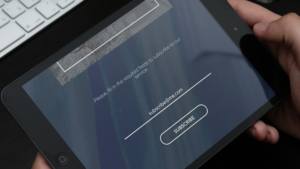By Amanda Davie, Executive Coach and Co-Founder, Equal Talent
After nearly two months of lockdown, we are starting to find the headspace to reflect upon how much change Covid-19 has brought to our working lives. It’s changed where we work, how we work and how we fit work into our home lives. For many of us it’s changed our work status, our ability to work and our earning potential.
Of course, much of this enforced change has come at a cost: psychologically, socially and economically. Adaptability isn’t a skill that we are born with – it’s a learned skill. Consequently, many of us have struggled to adjust, stay focused and to keep performing well in our jobs.
Scared and angry workers up and down the country have brooded, bottled up, self-combusted, blamed, denied and lashed out as they’ve lost their safety, freedom, control and income. Exhausted parents are cooking, cleaning, caring for and teaching their kids – while trying to keep their paid jobs.
Even those of us who are maintaining our resilience, and who have now more time than ever for our work are distracted by the horror, disbelief and uncertainty of this pandemic.
Leaders and HR specialists are reporting a wide range of behaviours in response to the crisis. We’ve heard stories of executives ‘going above and beyond’ their roles and responsibilities to corral their organisations into fundraising or donating resources and expertise to the NHS and other charities. And, sadly, we’ve also seen managers verbally attacking and discriminating against colleagues, using the ‘safe’ distance of a video conference to have conversations they would be too cowardly to initiate in ordinary times.
Sir Tim Gallwey, known as ‘the Godfather’ of performance coaching, devised a simple equation for how to realise our full potential and therefore perform at our best (in all aspects of our life, including in our work):
P = P – I
(Performance is equal to Potential minus Interference)
Interference, in this psychological context means ‘your inner distractions’ – fear, self-doubt, lapses in focus, and limiting concepts or assumptions – all of the feelings and thoughts you have, that in turn generate any ‘suboptimal’ behaviour in you. Any behaviour that is less than your best.
When you apply this calculation to our current potential, in this Coronavirus context, you can start to understand the challenge of performing at our best when our ‘inner game’ is so off. Most of us aren’t even in the ballpark. For most of us our daily or weekly goal is to survive, to not give in to our inertia, to not succumb to burnout. Our thrive zone won’t be somewhere we can get to for the foreseeable future.
And yet there are already some positive outcomes from this pandemic: organisations and leaders previously unable to move beyond a culture of presenteeism (underpinned by a lack of trust in their people) are now forced to trust that teams really can work productively from home.
Talent teams are considering how they use this crisis as an opportunity to redefine the culture, reinvent leadership development and transform performance management. Inefficient and distracting under-performers will have been among the first to be furloughed and will need to prove that they can perform better in order to return. And innovation, creativity and entrepreneurship levels will peak, as they always do, after a period of scarcity.
Most importantly, we now have an opportunity to return to work with more consideration, care and compassion for one another. Covid-19 offers us a chance to restore humanity to our workplaces: to take care of ourselves, to look after each other and to deliver what matters.
Many professionals – coaches, therapists, occupational psychologists and management and leadership experts, to name a few – hope that these positive outcomes will be long-lasting, that we won’t return to less healthy and less productive ways of working. That Covid-19 will bring about the much-needed change, and the future workplace, that we’ve been advocating for years now.
And if this hope becomes a reality, we’ll see thousands, if not millions, more professionals enjoying their work more, feeling more confident, performing better and more collaboratively – all of which will have a positive impact on individual companies and on the wider economy.
This aspirational future of work will require effort, however. To keep practising these new behaviours so that, if and when we return to our previous physical environments and practical situations, we won’t default to our entrenched ways of working.
We will need to be more responsible, take more ownership of the decisions that we make for ourselves as to how we perform at our best. To consider the optimal environment in which to work, how to better blend work with home life, how to nurture more meaningful, supportive and collaborative working relationships, how to maintain our sense of purpose and commitment to a more socially-responsible, sustainable and healthier future – not just for ourselves but for everyone.









